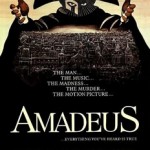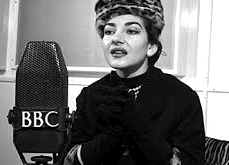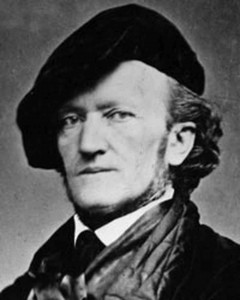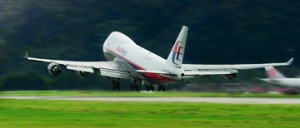Singing Operatic Arias is like running in the Olympics.
What am I? No! Not a Bugs Bunny Skit! This is an excerpt of an Operatic Aria.
Aria…what’s that? An “aria” noun \ˈär-ē-ə\ is a self-contained piece for one voice, with or without orchestral accompaniment, normally part of a larger work. It’s origin is Italian meaning literally is “atmospheric air” first used in 1723. And…if Opera is, as we put it in a previous blog post “The Olympics of Singing“, the Operatic Aria (Air) is the 400 Meter Dash.
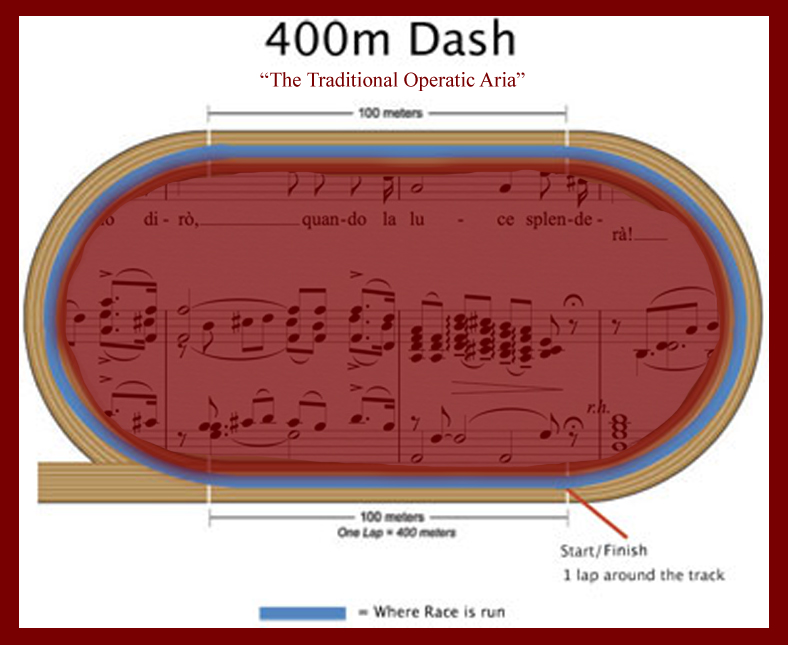
Opera Arias are the equivalent to a 400 Meter Dash
In fact, if you look at Opera as the Olympic Track events, it would look something like this:
100 METER DASH: The Recitative
200 METER DASH: Vinch al da vino (Don giovanni)
400 METER DASH: The “traditional” Operatic Aria
800 METER RUN: A Donizetti Aria with Cabaletta
1600 METER RUN: A Wagnerian Aira/Scene
26.2 Mile Marathon: A Recital Concert 
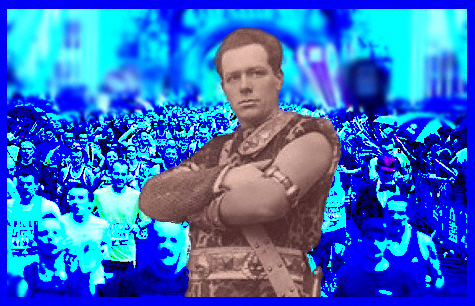
The Operatic Recital is the equivalent to an Olympic Marathon.
The Operatic Aria is the icing on the cake, the amazing zenith, the Shakespearean Monologue. It is the ultimate in artistic emotional expression.
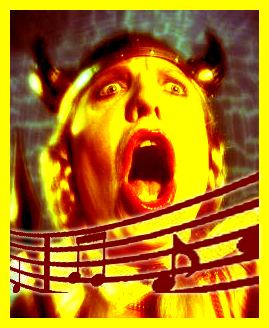
The Wagnerian Soprano is known for power and stamina.
THE OPERATIC ENDING
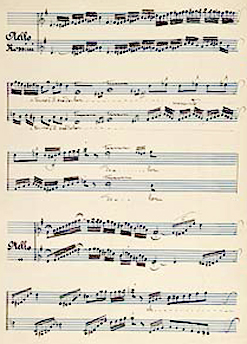
lots o notes…lots of melisma. Move over Mariah Carey
An Italian Operatic Aria usually ends with some kind of virtuosic passage that leads up to a set of or a single ridiculous high note known as “bravura” (Basses too) that gives everyone chills (if executed properly). Here are a few of the greatest Italian Operatic Arias for male voices.
TOP 5 ITALIAN OPERATIC ARIAS FOR TENOR, BARITONE AND BASS
5 TENOR ARIAS (ITALIAN)
- Nessun Dorma
- Questa o quella
- Una furtiva lagrima
- Che gelida manina
- E lucevan le stelle”
5 BARITONE ARIAS (ITALIAN)
- Largo al factotum
- Hai già vinta la causa
- Eri tu
- Ah! per sempre
- Di Provenza
5 BASS ARIAS (ITALIAN)
- La callunia e un venticello’
- Non piu andrai
- Vecchia zimarra
- Ah! Un foco insolito
- A un dottor della mia sorte
Oh, and if you were wondering, the opening Figaro’s are from a famous Baritone Operatic Aria from the Comedy, The Barber Of Seville by G. Rossini, first performed in 1816. Here, the character Figaro is introduced to the audience, singing about all the things he is and does.
Here it is in Italian for our Italian-Speaking Friends…and those who might know the language.
Try just saying these words…then once you do that, say them as fast as you can, because that’s about as fast as this aria is sung.
Largo al factotum della citta.
Presto a bottega che l’alba e gia.
Ah, che bel vivere, che bel piacere
per un barbiere di qualita!
Ah, bravo Figaro!
Bravo, bravissimo!
Fortunatissimo per verita!
Pronto a far tutto,
la notte e il giorno
sempre d’intorno in giro sta.
Miglior cuccagna per un barbiere,
vita piu nobile, no, non si da.
Rasori e pettini
lancette e forbici,
al mio comando
tutto qui sta.
V’e la risorsa,
poi, de mestiere
colla donnetta… col cavaliere…
Tutti mi chiedono, tutti mi vogliono,
donne, ragazzi, vecchi, fanciulle:
Qua la parruca… Presto la barba…
Qua la sanguigna…
Presto il biglietto…
Qua la parruca, presto la barba,
Presto il biglietto, ehi!
Figaro! Figaro! Figaro!, ecc.
Ahime, che furia!
Ahime, che folla!
Uno alla volta, per carita!
Figaro! Son qua.
Ehi, Figaro! Son qua.
Figaro qua, Figaro la,
Figaro su, Figaro giu,
Pronto prontissimo son come il fumine:
sono il factotum della citta.
Ah, bravo Figaro! Bravo, bravissimo;
a te fortuna non manchera.
Here’s the English Translation of The Largo (from about.com):
Handyman of the city.
Early in the workshop I arrive at dawn.
Ah, what a life, what a pleasure
For a barber of quality!
Ah, bravo Figaro!
Bravo, very good!
I am the luckiest, it’s the truth!
Ready for anything,
night and day
I’m always on the move.
Cushier fate for a barber,
A more noble life cannot be found.
Razors and combs
Lancets and scissors,
at my command
everything is here.
Here are the extra tools
then, for business
With the ladies… with the gentlemen…
Everyone asks me, everyone wants me,
women, children, old people, young ones:
Here are the wigs… A quick shave of the beard…
Here are the leeches for bleeding…
The note…
Here are the wigs, a quick shave soon,
The note, hey!
Figaro! Figaro! Figaro!, Etc..
Alas, what frenzy!
Alas, what a crowd!
One at a time, for goodness sake!
Figaro! I’m here.
Hey, Figaro! I’m here.
Figaro here, Figaro there,
Figaro up, Figaro down,
Swifter and swifter I’m like a spark:
I’m the handyman of the city.
Ah, bravo Figaro! Bravo, very good;
Fortunately for you I will not fail.
#TAW




